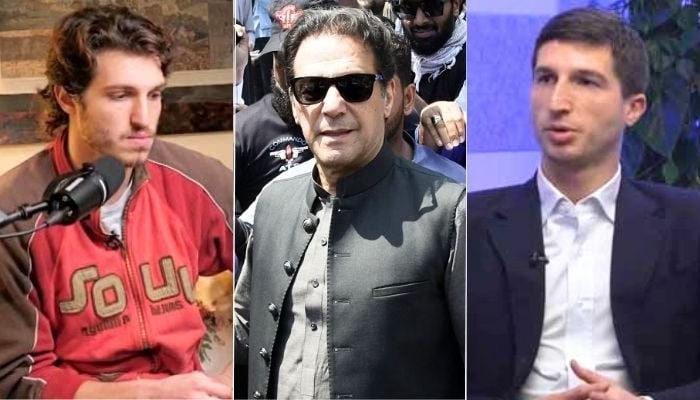In a significant development, the Supreme Court of Pakistan has granted permission for the inclusion of relevant military officers in the legal proceedings against the removal of Justice Shaukat Aziz Siddiqui as a judge of the Islamabad High Court. During the hearing of constitutional petitions, the Supreme Court allowed the petitioners to make military officials associated with the Pakistan Army parties to the case.
Previously, only federal, law and justice secretaries, and the Supreme Judicial Council were involved in the legal petitions, with the Supreme Judicial Council being represented by its secretary. The Chief Justice expressed concerns over allegations against state institutions, emphasizing that criticism should be directed at individuals rather than tarnishing the image of institutions. He underscored the role of institutions, stating that they are run by individuals, and there are both good and bad people within these institutions.
The Chief Justice, Justice Faez Isa, during the case proceedings, remarked on the importance of maintaining democracy in the country. He voiced his apprehension over accusing state institutions, highlighting the need to avoid damaging the credibility of institutions while criticizing individuals within them. He shared examples of how countries like Germany, with a history of fascism, transformed their nation by changing their mindset and overcoming the influence of extremist individuals.
The case, being heard by a larger bench consisting of Chief Justice Justice Faez Isa, Justice Amin-ud-Din Khan, Justice Jamal Khan Mandokhail, Justice Syed Hasan Azhar Rizvi, and Justice Erfan Saeed Khan, involves multiple constitutional petitions. Notably, the former Chief Justice Omar Ata Bandial, Justice Sardar Tariq Masood, Justice Ijazul Ahsan, Justice Mazhar Alam Khan Miankhel, and Justice Sajjad Ali Shah were part of the bench.
The Chief Justice clarified that the composition of the bench had changed, with some judges retiring and others expressing their unwillingness to continue. He mentioned that the new bench would commence the case proceedings by starting afresh, indicating that new judges would need to review the evidence and arguments presented.
The inclusion of military officials in the case marks a significant development, and the proceedings will be closely monitored by legal experts, the media, and the public. The Chief Justice’s emphasis on a fair and unbiased evaluation of the case highlights the importance of justice being served objectively, considering the complexities and sensitivities involved.



